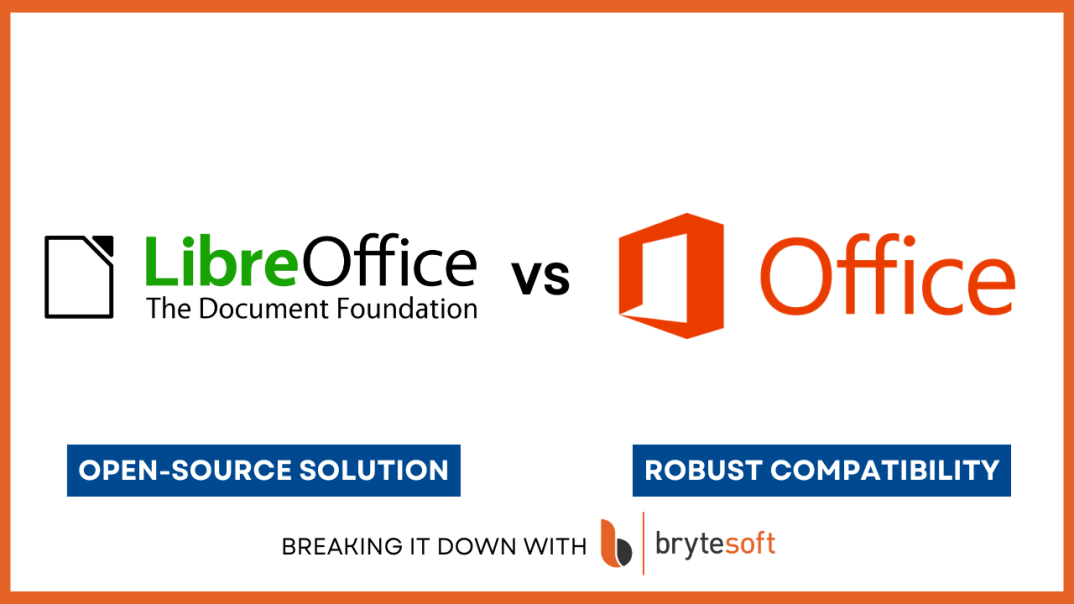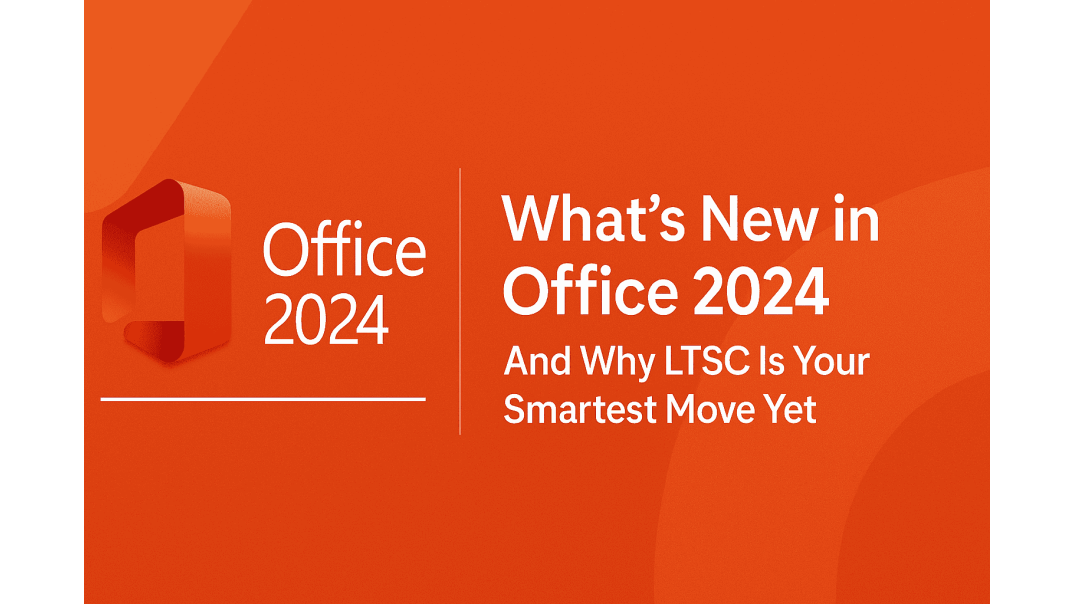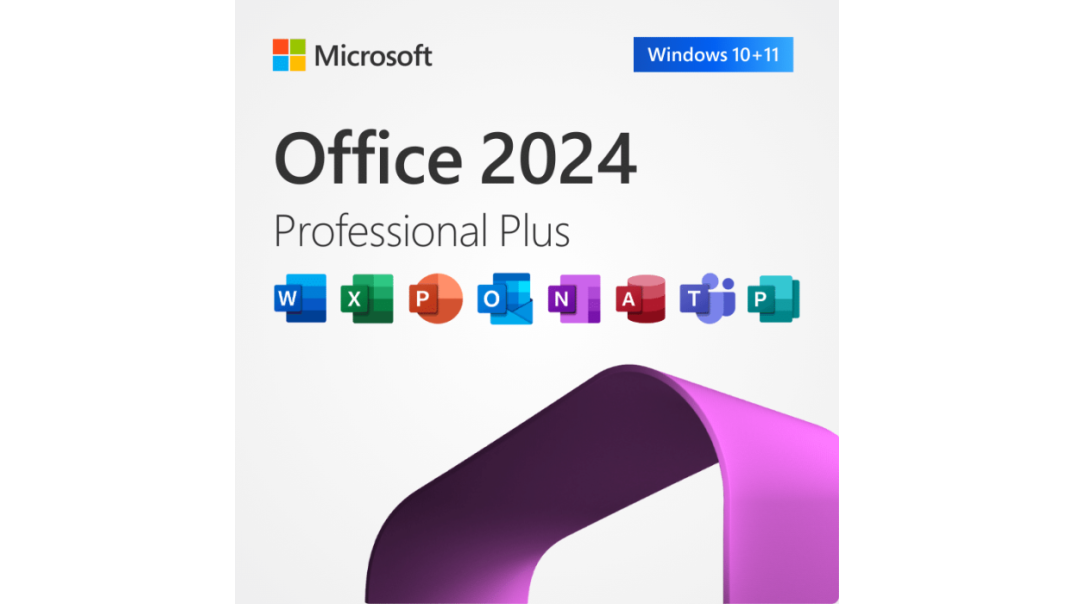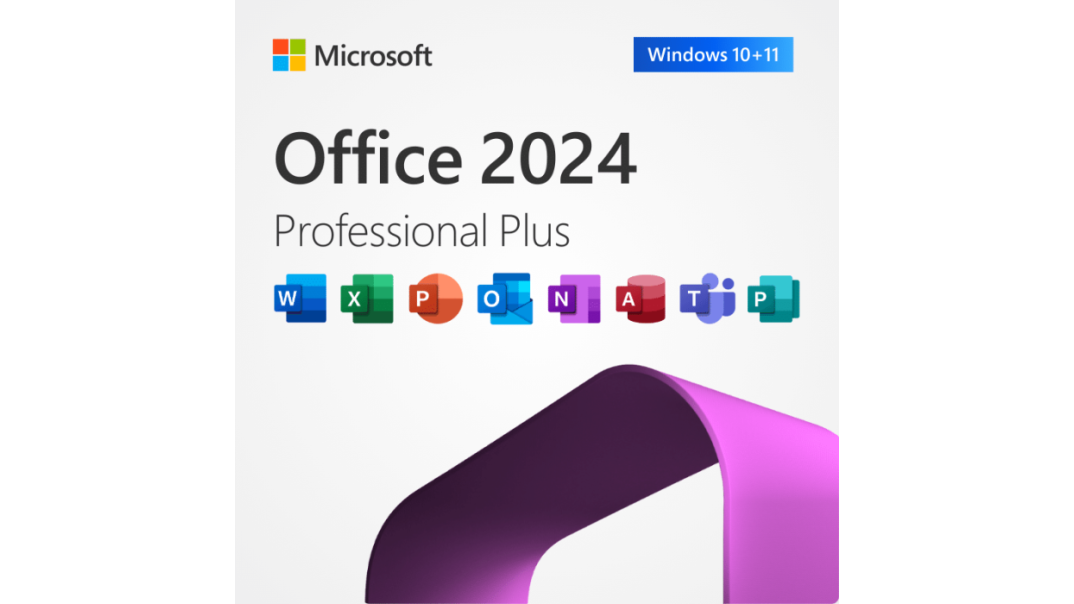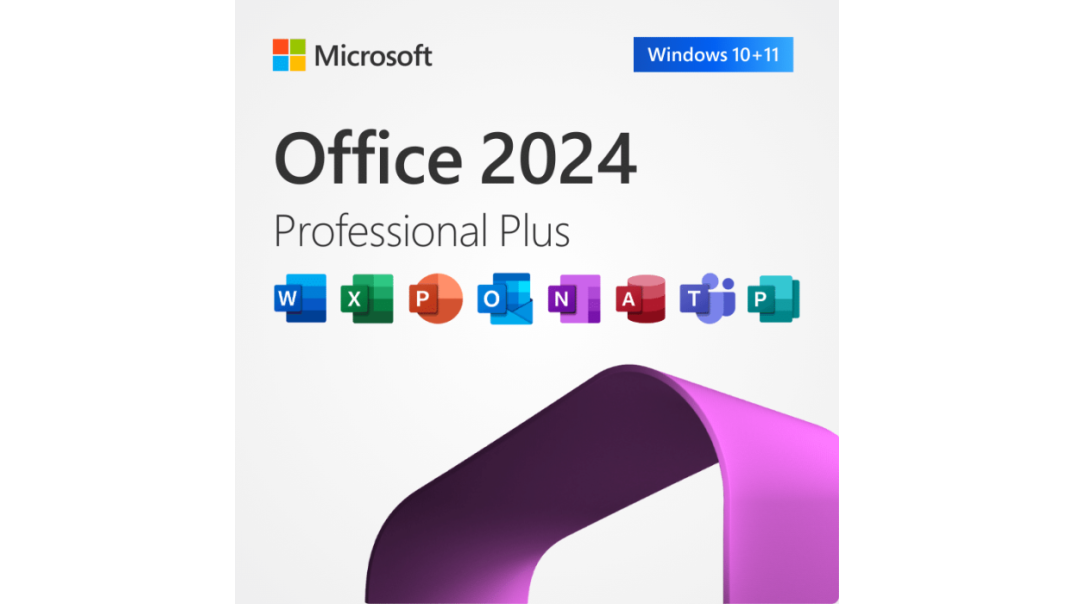When it comes to office productivity software, two names stand out: LibreOffice and Microsoft Office. Both are powerful tools, but they cater to different needs and preferences. Whether you’re a student, professional, or business owner, understanding the differences between these two office suites can help you make the right choice. This article dives deep into the comparison to help you decide which is best for you.
What is LibreOffice?
LibreOffice is a free and open-source office suite developed by The Document Foundation. It originated as a fork of OpenOffice and has gained popularity due to its robust features and active development community. LibreOffice includes six main applications:
- Writer (word processing)
- Calc (spreadsheets)
- Impress (presentations)
- Draw (vector graphics and flowcharts)
- Base (databases)
- Math (formula editing)
LibreOffice’s open-source nature makes it a favorite among budget-conscious users and organizations that prioritize transparency and flexibility.
Microsoft Office
Microsoft Office is a commercial office suite developed by Microsoft. It’s been the industry standard for decades, offering a comprehensive range of applications, including:
- Word (word processing)
- Excel (spreadsheets)
- PowerPoint (presentations)
- Outlook (email and calendar management)
- Access (databases)
- Publisher (desktop publishing)
Microsoft Office is available through various licensing models, including one-time purchases and subscription-based plans via Microsoft 365. Its advanced features and seamless integration with other Microsoft products make it a go-to choice for professionals and businesses worldwide.
Key Differences Between LibreOffice and Microsoft Office
Features and Functionality
LibreOffice:
- Provides a comprehensive set of tools for word processing, spreadsheets, and presentations.
- Includes unique features like Draw for vector graphics and flowchart creation.
- Lacks some advanced functionalities found in Microsoft Office, such as real-time collaboration.
Microsoft Office:
- Offers advanced features like AI-powered suggestions, real-time collaboration, and cloud integration.
- Excel is renowned for its powerful data analysis tools, including Power Query and PivotTables.
- Seamless integration with other Microsoft services like OneDrive and Teams.
Usability and Interface
LibreOffice:
- Features a straightforward and customizable interface.
- Some users find its design outdated compared to Microsoft Office.
- May have a steeper learning curve for users accustomed to Microsoft Office.
Microsoft Office:
- Known for its polished and modern interface.
- Offers intuitive navigation and advanced tools for both beginners and experienced users.
- Ribbon interface provides quick access to frequently used features.
Compatibility and File Formats
LibreOffice:
- Supports a wide range of file formats, including Microsoft’s proprietary formats (.docx, .xlsx).
- File conversions may sometimes result in formatting issues.
- Open Document Format (ODF) is its native format.
Microsoft Office:
- Offers excellent compatibility with its proprietary formats.
- Handles file conversions with minimal issues.
- Native integration with cloud storage ensures easy access to files across devices.
Performance and Reliability
LibreOffice:
- Lightweight and performs well on older hardware.
- Occasional stability issues, especially with large and complex files.
Microsoft Office:
- Optimized for high performance on modern hardware.
- Reliable and stable, even when handling large datasets or complex presentations.
Pricing and Licensing
LibreOffice:
- Completely free to use, with no hidden costs or subscription fees.
- Open-source license allows customization and redistribution.
Microsoft Office:
- Offers a range of pricing options:
- One-time purchase (e.g., Microsoft Office 2021)
- Subscription plans via Microsoft 365
- Subscription plans include regular updates and cloud storage but can be costly over time.
Pros and Cons of LibreOffice
Advantages:
- Free and open-source.
- Supports a wide range of file formats.
- Customizable and lightweight.
Disadvantages:
- Lacks some advanced features found in Microsoft Office.
- Interface may feel outdated to some users.
- Compatibility issues with complex Microsoft Office files.
Pros and Cons of Microsoft Office
Advantages:
- Industry-standard software with a polished interface.
- Advanced features and seamless integration with other Microsoft products.
- Excellent compatibility and file handling.
Disadvantages:
- Can be expensive, especially for subscription plans.
- Requires a modern system for optimal performance.
LibreOffice versus Microsoft Office: Which Office Suite is Right for You?
Choosing between LibreOffice and Microsoft Office depends on your needs:
- Choose LibreOffice if you need a free, open-source solution and can work around minor compatibility and feature limitations.
- Choose Microsoft Office if you require advanced features, seamless cloud integration, and robust compatibility.
Both office suites are excellent in their own ways. Assess your priorities—budget, features, or usability—to make the best choice.

